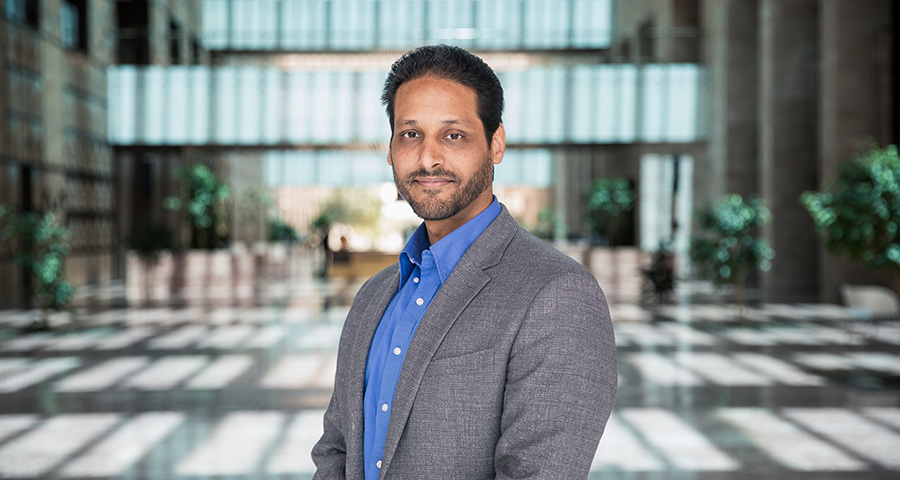
Carnegie Mellon Qatar research among top papers at international computing conference
Doha, Qatar – A research paper co-authored by Carnegie Mellon University in Qatar’s Khaled Harras was recognized as one of four top papers at the 31st ACM SIGSPATIAL International Conference on Advances in Geographic Information Systems (ACM SIGSPATIAL 2023). CMU-Q is a Qatar Foundation partner university.
The conference is the premier annual event of ACM SIGSPATIAL and a forum for showcasing original research covering all conceptual, design, and implementation aspects of geospatial data. Only 15% of research papers are accepted by the conference organizers.
Harras, who is a teaching professor of computer science and serves as senior associate dean for faculty, conducted the research as part of a new CMU-Q Seed Research Funding grant. He is investigating different ways to improve indoor localization technology using edge-based systems.
“GPS technology is quite accurate when you are outdoors, especially in open spaces,” explained Harras. “When you move inside, the building structure, furniture, and other factors seriously interfere with GPS location accuracy. My research investigates ubiquitous and easy-to-deploy solutions to use existing technology to create precise location identifiers indoors.”
The paper, titled “UniCellular: An accurate and ubiquitous floor identification system using single cell tower information,” was selected as a runner-up in the Best Paper Award category at ACM SIGSPATIAL 2023. The paper describes a solution to one of the persistent issues in indoor geolocation: identifying on which floor of a building people are located using their cellular devices.
“We are leveraging technology that is pervasive,” said Harras. “Most cities that have multi-floor buildings also have cellular towers. Our solution uses a single cell tower to locate the floor on which a device is present, with high precision.”
By using technology that already exists in a new way, the team’s solution is low cost and easy to deploy.
“There are so many potential applications, from wayfinding in a public building to locating people in a fire or emergency situation, and we are excited to continue adding to this important body of work.”
Harras’ research team includes Sherif Mostafa and Moustafa Youssef from the American University in Cairo.
Carnegie Mellon University’s School of Computer Science (SCS) is a pioneer in computer science education and research. The Qatar campus offers the SCS undergraduate degree program in computer science, as well as programs in biological sciences, business administration and information systems.
